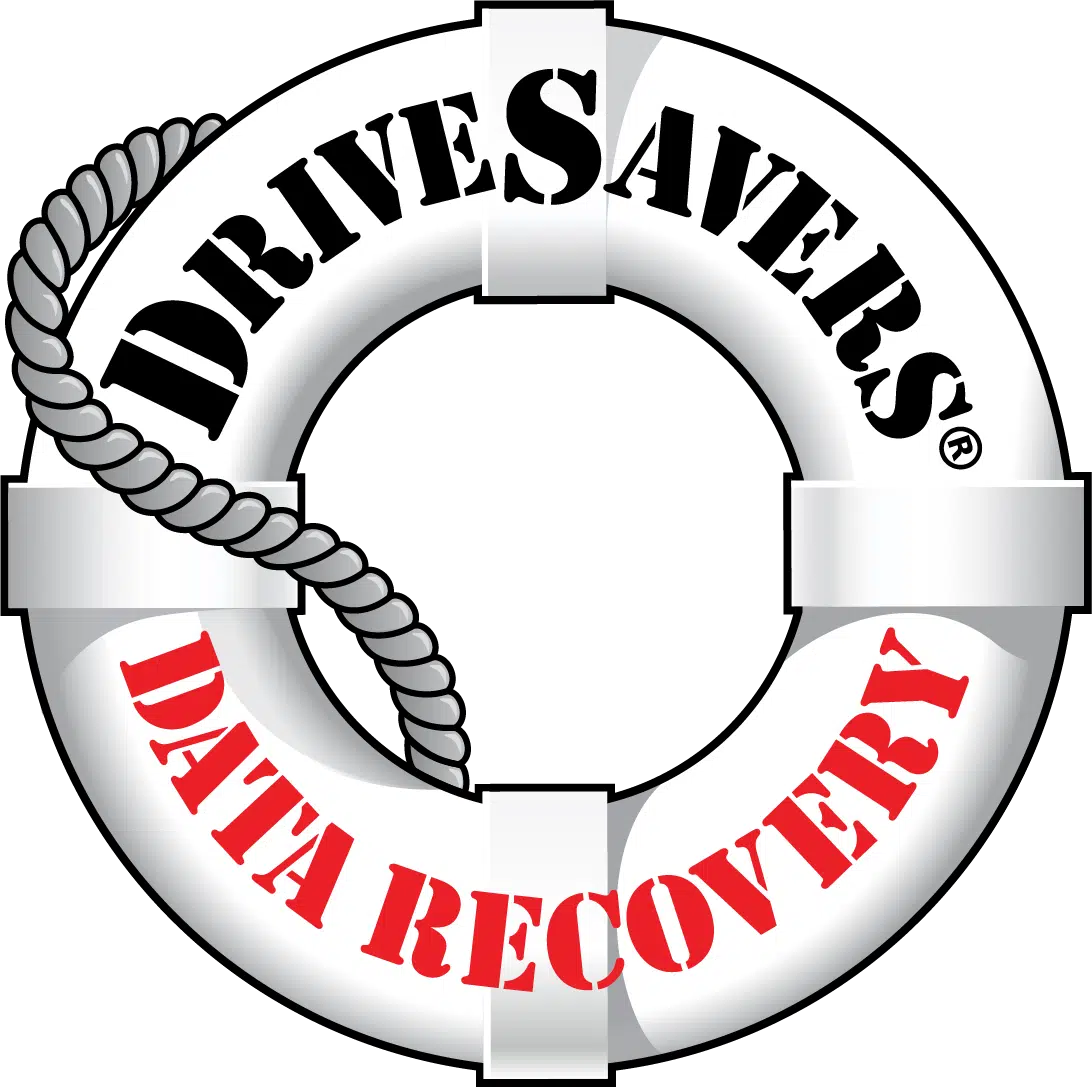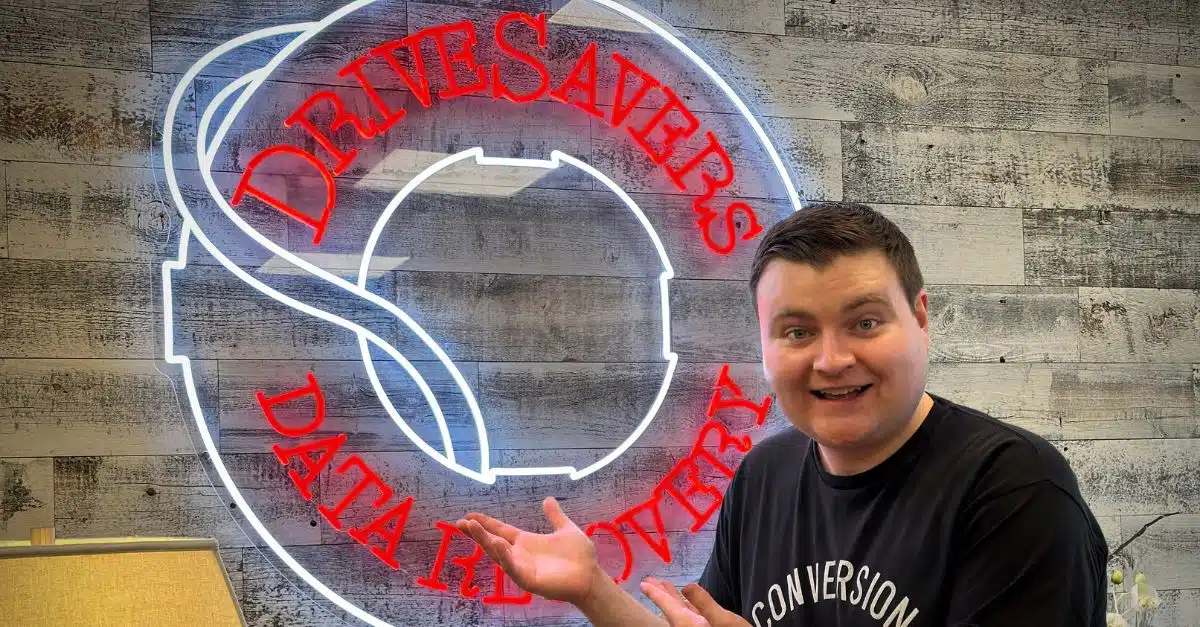DriveSavers was recently highlighted in Storage Newsletter for its expert data recovery solutions addressing data…
Enterprise Storage Forum: DriveSavers: Product Overview and Insight
Originally published by Enterprise Storage Forum.
By Drew Robb,
DriveSavers partners with many drive OEMs on data recovery. It has developed advanced techniques such as chip-off recoveries for flash devices and is skilled at recovering enterprise RAID arrays.
Bottom Line:
DriveSavers partners with many drive OEMs on data recovery. Making a name for itself in the market, it has developed advanced techniques such as chip-off recoveries for flash memory devices. In addition, it is skilled at recovering data from enterprise RAID arrays – a key concern for enterprise customers.
Its ISO 5 Class 100 cleanroom and security certifications, such as SSAE 18 SOC 2 Type II and adherence to HIPAA, and National Institute of Standards and Technology (NIST) standards, make it an obvious shortlist candidate for enterprise users with mission critical data loss issues. It can recover data from Helium-based drives, which are very much a tool for high end customers. But it is expensive. Users should evaluate the price of the service against the value of the data.
Description:
Greater than 70% of the devices that come to DriveSavers have experienced a physical failure. The company can deal with HDD, SSD, flash and smart device failure. The bulk of the 15,000 devices that are sent to DriveSavers for data recovery each year (82%) come from referrals. The company stays current with the latest HDD and SDD features as each new generation brings a fresh set of challenges in terms of different firmware or greater data density on each platter. The company can also deal with Helium, which has more recently been introduced in hermetically-sealed HDD devices.
SSD failures are also becoming more common. It is now DriveSavers fastest growing segment. The latest models have more capacity per NAND and use more exotic solutions to increase that capacity, such as 3D NAND. The company can recover data from failed devices and devices that have been physically damaged.
DriveSavers has developed strategic technical alliances with device manufacturers such as Toshiba, Samsung, Seagate, Western Digital, Intel, Kingston, and others. This has enabled its engineers to develop proprietary techniques, tools and technologies that aid in data recovery.
The service begins immediately, day or night, any day of the week when using the Priority Service. Most corporate users choose the Standard Service of one to two business days and consumers generally choose a longer five to seven day Economy Service.
“The risk of losing archived data can be an emotional experience. DriveSavers recovered nearly a decade-worth of personal and professional data for me, for a fair price considering the value,” said one home office user.
What’s Recovered:
All physical (SSD, HDD, RAID, smartphone, tablet) and logical failures. Additionally, firmware failures; OS upgrade failures; failures from faulty soldering, faulty components and other manufacturer defects. Furthermore, it can handle damage caused by disasters such as drops, breaks, water, fire and power surges; human error such as accidental deletion or faulty DIY repairs.
How Implemented:
Almost all jobs are sent to DriveSavers California lab. HDDs are recovered in the company’s Certified ISO-5 Cleanroom to minimize damage that may be done by microscopic airborne particles. This is where procedures such as head swaps are performed.
SSDs, camera cards and many smartphone and tablet data recoveries are performed using chip-off and other technology that requires micro-soldering skills and inside knowledge supplied by device manufacturers.
Lab locations:
Lab in Novato, California offers worldwide service. It has done business in over 80 different countries.
Core Markets:
Consumers for computers, laptops, tablets and phones.
Businesses for HDD, SSD, RAID recovery.
Pricing:
Pricing depends on three factors: 1) the capacity of the device, 2) the complexity of the recovery and 3) the completeness of the recovery. The biggest factor in the cost is the completeness of the recovery. If the company cannot recover all the data, the cost will not be as high. It also has a “no data, no charge” policy: if the device is not recoverable or the specific data requested by the customer is not recoverable, then there is no charge.
| DriveSavers | |
| Clean room | ISO 5 Class 100 |
| Media | SSD, HDD, RAID, phone, tablet |
| Lab location | California |
| Core markets | Consumer and business, all media |
| Key Differentiator | Handles complex RAID projects |
Read more: https://www.enterprisestorageforum.com/products/drivesavers-data-recovery.html




